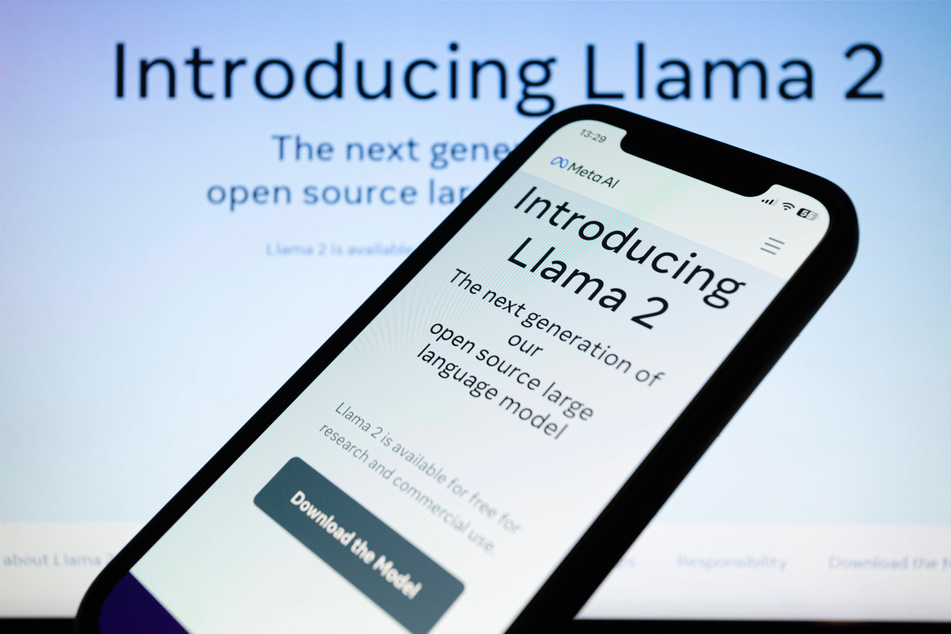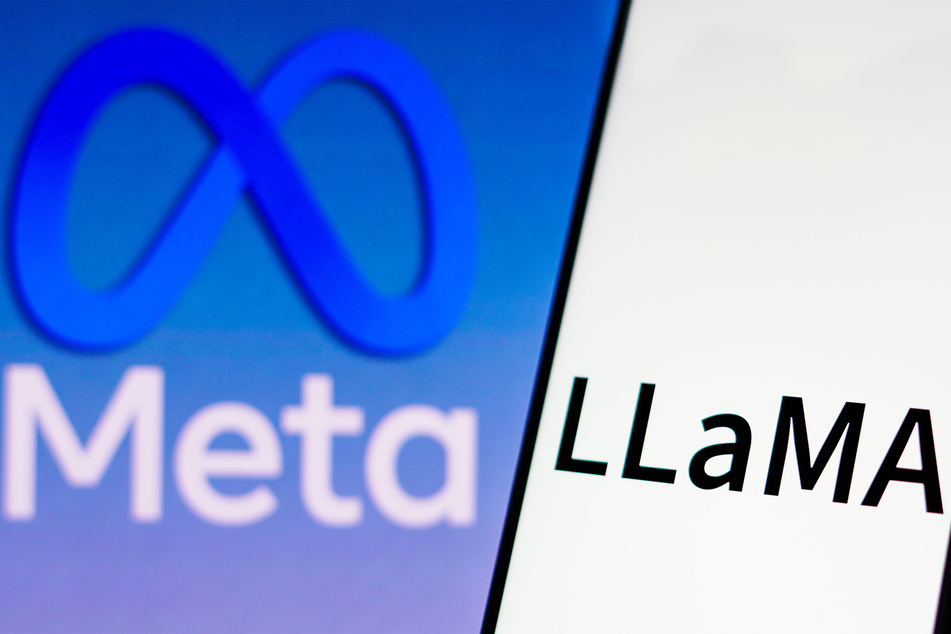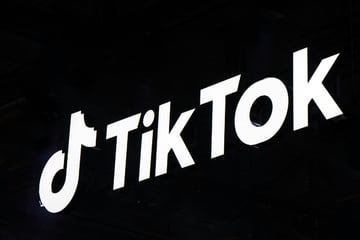What is Meta's Llama 2 and how is it changing the game for AI?
Menlo Park, California - Facebook owner Meta has released a new and free-of-charge version of its artificial intelligence model, making a play against ChatGPT-maker OpenAI and Google.

OpenAI and Google have developed the impressive large language models that serve as the foundations of the ChatGPT and Bard chatbots, which have drawn excitement with their capabilities to mimic human creativity and expertise.
Meta, meanwhile, has avoided releasing generative AI products straight to the consumer, and instead developed Llama, a language model specifically developed for researchers so that they could perfect it.
Crucially, Llama is open-source, meaning that its inner workings are available to all to be tinkered with and modified, unlike the headline-grabbing AIs developed by OpenAI and Google.
Those models, including OpenAI's world-leading GPT-4, are closed and propriety, with the clients that use them denied access to their programming code or detailed answers as to how their data is handled.
The new, more powerful version of Meta's model, called Llama 2, was announced this week and would be available to any business for download or through Microsoft's Azure cloud service in a special partnership with the Windows maker, and is being offered free for research and commercial use.
"Open source drives innovation because it enables many more developers to build with new technology," Meta CEO Mark Zuckerberg said in a Facebook post.
"It also improves safety and security because when software is open, more people can scrutinize it to identify and fix potential issues," he added.
The stress on safety also underlines a divergence from OpenAI's models, which have caused alarm by generating false information or by going off the rails in chatbot interactions.
Yet some in the tech field have criticized that Llama is not truly "open-source."
Llama 2 by Meta will soon be offered on Microsoft 365

The Microsoft tie-in comes on top of the company's major partnership with OpenAI, signaling Microsoft is attempting to diversify its AI offerings with products that put businesses in more control of their data and software.
Microsoft, which has been the most aggressive big tech player to enter the AI market, saw its share price skyrocket on Tuesday when it said it would be charging $30 per user, per month for an AI-enhanced version of Microsoft 365, its office platform.
This would be a significant price hike for its business customers and could potentially lead to a vast increase in revenue for Microsoft if AI is seen as a necessary cost going forward.
"We look forward to seeing what the world builds with Llama 2," Meta said.
Cover photo: IMAGO / ZUMA Wire
